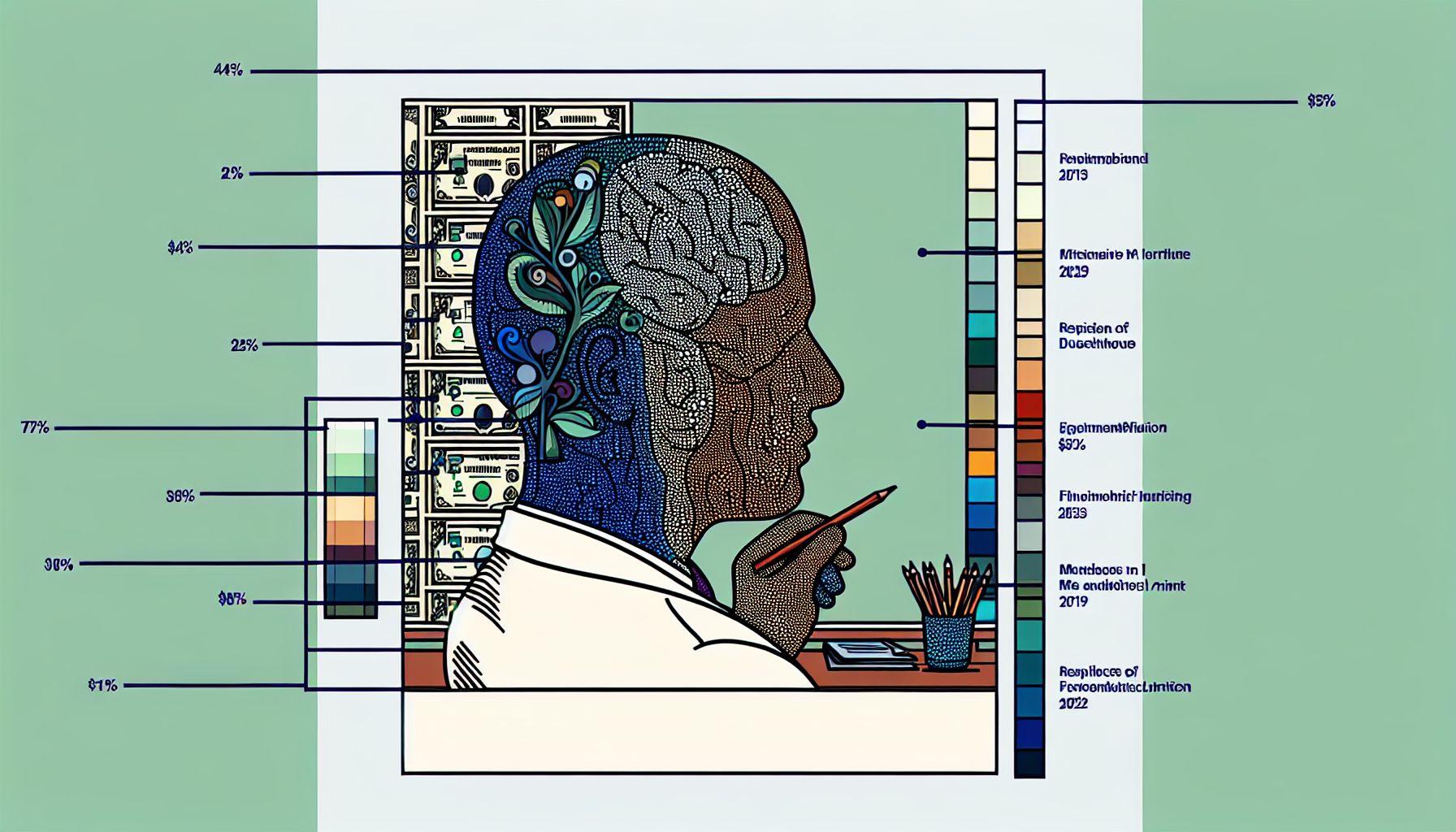Neuroscience Market Set to Soar: Projected 63% Growth by 2032

United States, Friday, 15 November 2024.
The global neuroscience market is poised for significant expansion, with projections indicating a surge from $43.5 billion in 2023 to $71 billion by 2032. This growth, driven by technological advancements and increased research funding, highlights the sector’s pivotal role in addressing the rising prevalence of neurological disorders worldwide.
Technological Innovations Fueling Growth
Technological advancements are at the heart of the neuroscience market’s projected growth. Companies like Philips and NeuroNexus Technologies are spearheading innovations that are transforming the landscape. Philips’ launch of a portable 1.5T MRI unit, which is helium-free and lightweight, marks a significant step in making advanced imaging more accessible[1]. Similarly, NeuroNexus’s introduction of the Summa Framework for electrophysiologists and life science researchers is enhancing research capabilities, paving the way for new discoveries[1]. These innovations not only improve diagnostic accuracy but also broaden the potential applications of neuroscience research.
Rising Prevalence of Neurological Disorders
The increasing prevalence of neurological disorders is a significant driver of the market’s growth. Disorders such as Alzheimer’s disease, Parkinson’s disease, and epilepsy are becoming more common, impacting millions globally and necessitating advancements in research and treatment[2]. The World Health Organization reports that over 1 billion people are affected by neurological disorders worldwide, underscoring the urgent need for effective diagnostic and therapeutic solutions[2]. These conditions place a substantial burden on healthcare systems, prompting increased investment in neuroscience research and development.
Integration of AI and Emerging Therapies
Artificial Intelligence (AI) is playing an increasingly critical role in the neuroscience sector. AI tools like Anthropic’s ‘Clara’ are revolutionizing neuroimaging by automating image analysis and detecting anomalies[3]. This integration not only enhances diagnostic precision but also accelerates the development of personalized treatments. Furthermore, emerging therapies for conditions like Alzheimer’s and schizophrenia are showing promise, with companies such as Roche and Karuna Therapeutics leading the charge with innovative drug candidates[1]. These developments are indicative of a broader trend towards precision medicine in neuroscience.
Challenges and Ethical Considerations
Despite the promising growth trajectory, the neuroscience market faces several challenges. Understanding complex neural circuits and subjective experiences remains a significant hurdle, compounded by the large volumes of data generated through research[1]. Additionally, advancements in neurotechnology raise ethical concerns regarding privacy, consent, and potential misuse, particularly with the development of brain-computer interfaces[1]. Addressing these challenges requires not only technological innovation but also robust ethical frameworks to guide research and application.